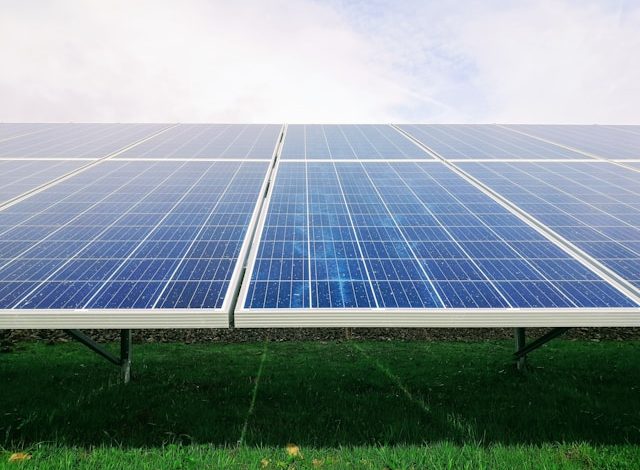
ADVANTAGES OF SOLAR PANELS
In recent years, more and more families are considering installing a photovoltaic system at home. Growing environmental awareness and rising energy bills make this solution particularly appealing. Installing solar panels not only helps reduce environmental impact, but also represents a profitable economic investment. Let’s explore how to install a photovoltaic system and what economic benefits are associated with it.
How Does a Photovoltaic System Work?
The photovoltaic system mainly consists of three elements:
- Solar Panels: These absorb sunlight and convert it into direct current (DC) electricity.
- Inverter: It converts direct current into alternating current (AC), which is the type of electricity used by household appliances.
- Meter: It measures the energy produced and fed into the grid, allowing for net metering (selling excess energy back to the grid).
Economic Advantages of a Photovoltaic System
Reduced Energy Bills
The main benefit is the reduction in energy costs. The energy generated by solar panels can cover much of the household’s energy needs, significantly lowering utility bills. In some cases, it’s even possible to eliminate energy costs altogether.
Selling Excess Energy
Thanks to the net metering mechanism, excess energy generated can be sold back to the national grid, providing an additional income stream.
Increased Property Value
A home equipped with a photovoltaic system has a higher market value. This type of installation is seen as a bonus that attracts potential buyers, especially those seeking more sustainable and cost-efficient solutions in the long run.
Conclusion
Installing a photovoltaic system at home is a beneficial choice both economically and environmentally. It not only reduces energy bills but also allows homeowners to take advantage of government incentives and increases property value. With proper planning and assistance from professionals, it is possible to obtain an efficient and durable system that will pay off the investment within a few years.
